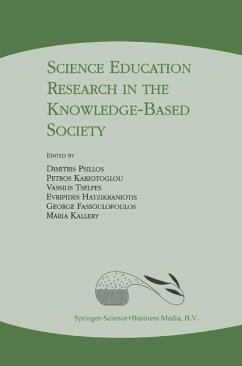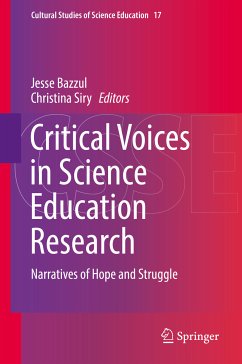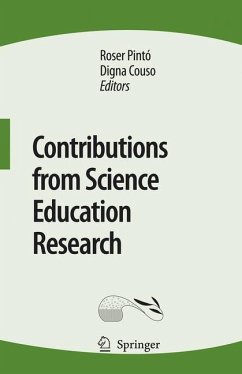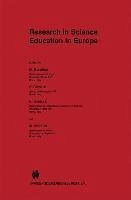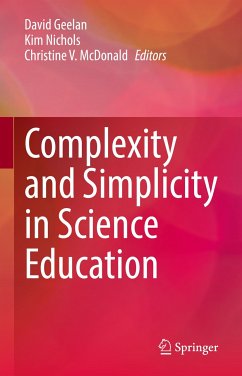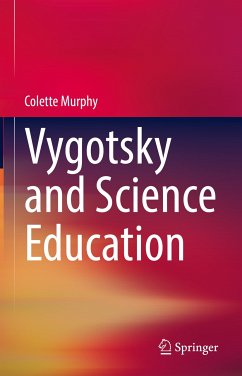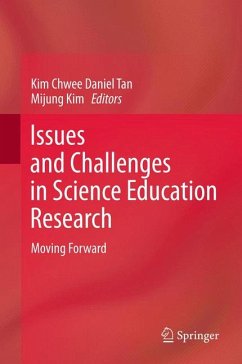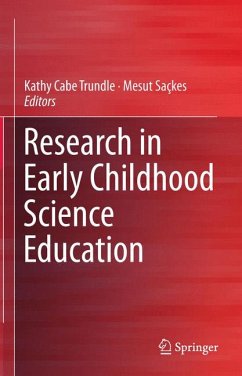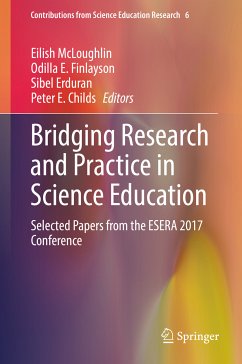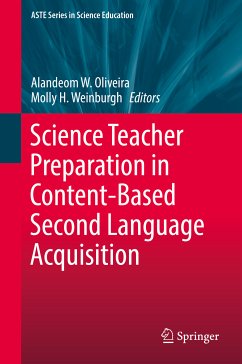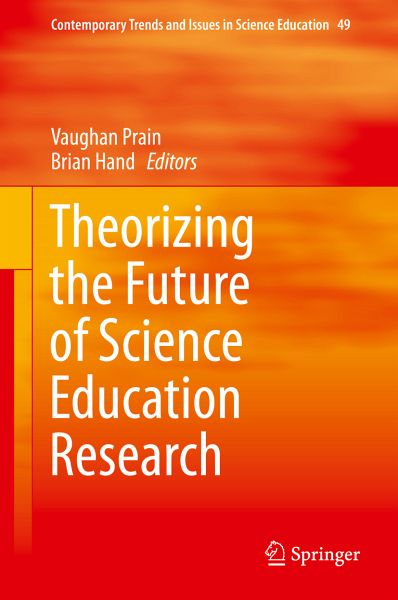
Theorizing the Future of Science Education Research (eBook, PDF)
Versandkostenfrei!
Sofort per Download lieferbar
72,95 €
inkl. MwSt.
Weitere Ausgaben:

PAYBACK Punkte
36 °P sammeln!
This book reviews the current state of theoretical accounts of the what and how of science learning in schools. The book starts out by presenting big-picture perspectives on key issues. In these first chapters, it focuses on the range of resources students need to acquire and refine to become successful learners. It examines meaningful learner purposes and processes for doing science, and structural supports to optimize cognitive engagement and success. Subsequent chapters address how particular purposes, resources and experiences can be conceptualized as the basis to understand current practi...
This book reviews the current state of theoretical accounts of the what and how of science learning in schools. The book starts out by presenting big-picture perspectives on key issues. In these first chapters, it focuses on the range of resources students need to acquire and refine to become successful learners. It examines meaningful learner purposes and processes for doing science, and structural supports to optimize cognitive engagement and success. Subsequent chapters address how particular purposes, resources and experiences can be conceptualized as the basis to understand current practices. They also show how future learning opportunities should be designed, lived and reviewed to promote student engagement/learning. Specific topics include insights from neuro-imaging, actor-network theory, the role of reasoning in claim-making for learning in science, and development of disciplinary literacies, including writing and multi-modal meaning-making. All together the book offers leads to science educators on theoretical perspectives that have yielded valuable insights into science learning. In addition, it proposes new agendas to guide future practices and research in this subject.
Dieser Download kann aus rechtlichen Gründen nur mit Rechnungsadresse in A, B, BG, CY, CZ, D, DK, EW, E, FIN, F, GR, HR, H, IRL, I, LT, L, LR, M, NL, PL, P, R, S, SLO, SK ausgeliefert werden.



